Gordafarid Salahshouri, IranWire’s Citizen Journalist
The moment when the ticket reader at Tehran’s Sadeghieh Metro Station accepts my one-way ticket, a trained voice caresses my ears. I know the lyrics to the song he is singing: “O Iran, the land of hope…” In the passageway leading to the metro platform, the singer is coming toward me: the tall, broad-shouldered young man with light blue jacket and jeans caresses the eyes as well.
The singer is wearing a mask. His tone of singing reminds me of the caroling of tipsy men in love when I was young. In these days of extreme air pollution, when fewer passengers chant slogans in the station, this is an unexpected pleasure that brings tears to my eyes and warms my heart with hope for the day after feeling pain and sorrow. Sometimes, without openly chanting slogans, a passerby starts singing the “the song of hope,” without giving an excuse to the security agent of the metro or some other place.
Even before I board the train, I notice a pallid and decrepit old man in the women’s car whose small handcart is filled with biscuits, cookies and munchies. A few women are buying biscuits or cookies from him. A seven or eight-year-old girl jumps next to her mother, gets money, buys a cake from the old man, crosses to the men’s car from under the guardrail separating it from the women’s car, pushes the cake onto the palm of a four or five-year-old skinny boy and returns to her mother, whose hair is flowing and is wearing no headscarf. I am a few meters away from the men’s car and I can observe both the smile of satisfaction on the little boy’s face and the reaction of his skinny older brother who opens the zipper of the little boy’s faded jacket and puts the small cake in the inside pocket, meaning “eat it later.” The smile on the little boy’s face crumbles. It pains me to see the smile vanish; it reminds me of the remorseless poverty of the people. Even so, what the little girl did warms my heart. These people are still alive.
I get out at Revolution Square Metro Station. Like in the past few months, black police cars are waiting on the eastern side of the square for demonstrators who do not come here these days. Some of the Islamic regime’s diplomats have gone to the offices of non-Persian-language media outlets in London or other capitals or have contacted those western European ambassadors who are still in Tehran, either by phone or in person, insisting that these “riots”, as they call the protests, have ended like all the other demonstrations in the past forty-some years and will soon join our collective memory.
With such thoughts going around in my mind, I walk on the sidewalk next to the green fence of Tehran University. At the top of Vesal Street, the same breed of riot police plus plainclothes Basijis without badges are waiting for protesters. On the other side, on the sidewalk next to the French Pastry, a few riot policemen are drinking tea and coffee, at the same place where, for the first time, Vida Movahed climbed on a telephone exchange box and removed her headscarf. Later, they welded a sharp edge on the dark gray exchange box so that nobody else could stand on top of it and wave a headscarf like a flag.
I keep walking and pass by the police station at the juncture of Revolution and Palestine avenues that, for more than a decade, has been active in arresting and detaining women who were removing their headscarves in front of the French Pastry. I come across another bunch of riot policemen and ask myself, “If the demonstrations have waned, then what are these guys with their motorcycles and black cars doing here?”
Through the Vali-e Asr underpass I reach the other side and walk northeast to a shop close to Alborz High School. I find the shop owner, an old friend of my late brother, chatting with his son in the shop, which is empty of customers. The son, who is tall and a little lean, has been married for two years. He could not find an office job after he received his master’s degree, so he went to work with his father and sells textiles for suits.
His father tells me that in some cities in Isfahan Province, when helpless parents are asking about their arrested children, somebody like a middleman comes out of the door of the courthouse or the detention center, takes parents who appear to have money to a corner and tells them, “If you deposit around 50 million tomans into the account of the Justice Ministry or the Revolutionary Court, your child would be released in a few days after he pledges that he would do no such things ever again.”
“Do they really release them?” I ask.
“Sometimes yes, but I have reliable information that many times, after they pay the money, for two or three weeks they hear nothing from the middleman or the collector for the Justice Ministry and the Revolutionary Court, and they do not answer the calls of the hapless parents either.”
The educated son of the shop owner joins the chat: “I have been saying that if the price of dollar reaches 40,000 tomans -- and we are almost there -- or the gold Imam Coin goes higher than 20,000 tomans, not even the supreme leader’s daddy could prevent demonstration. In one of the mourning ceremonies held for the martyrs, like the ones marking the 40th day since the death of Mahsa Amini, people in some cities would fill the streets…”
His father interrupts him: “But the forces that you see in Vali-e Asr Crossroad will douse people with bullets! It is a fight for survival. The one who is armed has the upper hand and answers nobody. These people are not like the shah who was afraid of western public opinion. You can see for yourself that protesters go away at 9 p.m. Of course, the night after the execution of Mohsen Shekari they went from around here to Sattar Khan Street and stayed in the streets around it until midnight and even later…”
To add fuel to the argument between father and son, I said, “But it should be enough for now that morality police are not in the streets, no?”
This makes the son angry: “Around 500 people have died and 15,000 are in prison only to get morality police off the streets? Look, the fact that the cars of morality police are not in the streets means that the regime is afraid. Were they not afraid, they would not have sent a bunch of women in black chadors to the United Nation’s office in Tehran before they voted and expelled Iran from the Commission on the Status of Women. Western public opinion is important for them as well, but they cheat by doing window dressing. Now, it wouldn’t work even if Zarif, Khatami or Mousavi return. Period.”
The father growls in a softer tone: “Well, with these executions, they have made it so costly that they have taken the streets away from the protesters. Am I wrong?”
“So, what if they have made it more costly. The cost is getting so out of hand that it would lead to fighting. This is called ‘legitimate defense’. Of course, there would be bloodshed. It is wishful thinking to believe that this regime can be brough down without bloodshed. Even Bahareh Hedayati, who used to be a reformist and is now in prison, has admitted it would be very costly and that there is no other way.”
His father and I stare at each other, and we both understand that his son and his generation are seriously determined to continue the fight. I swallow the tea that has gone cold and bid them goodbye.
visit the accountability section
In this section of Iran Wire, you can contact the officials and launch your campaign for various problems




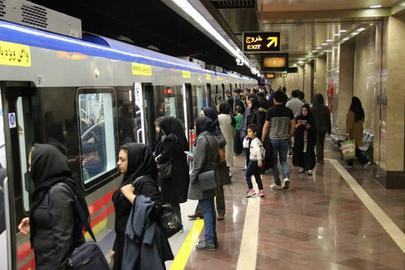

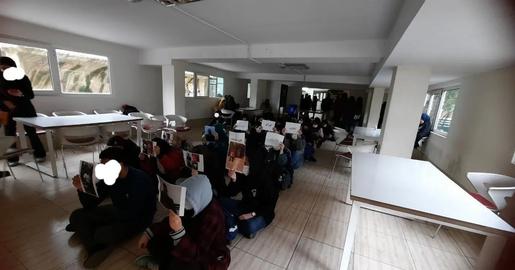
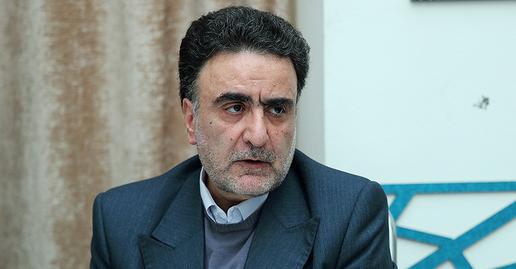
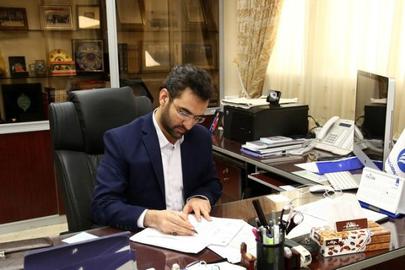
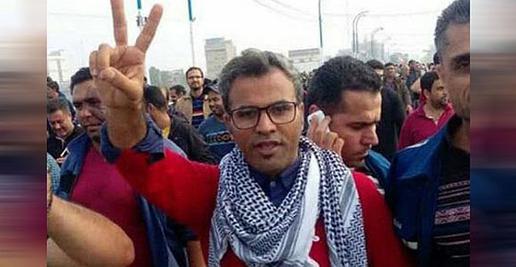
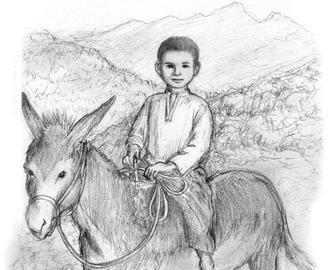

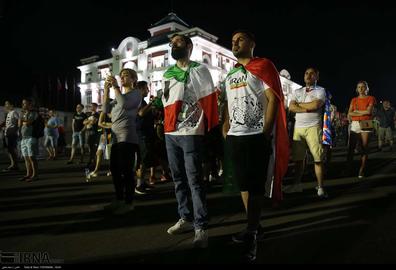
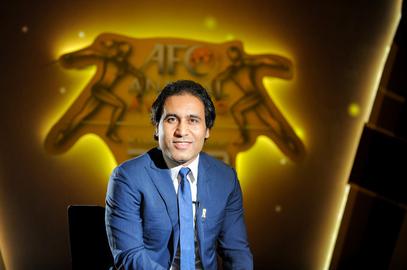


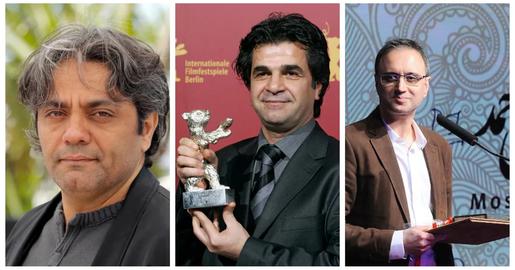
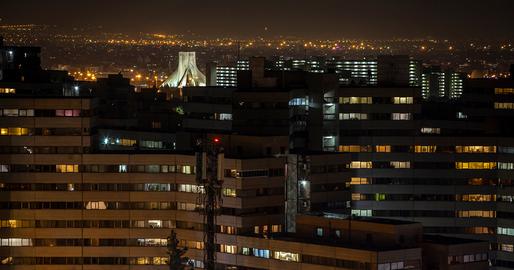
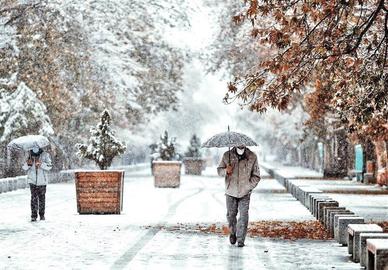
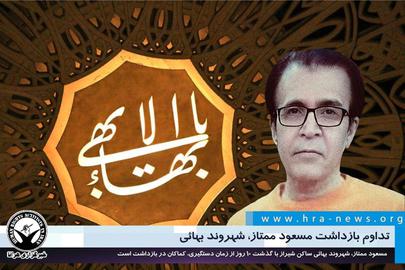
comments